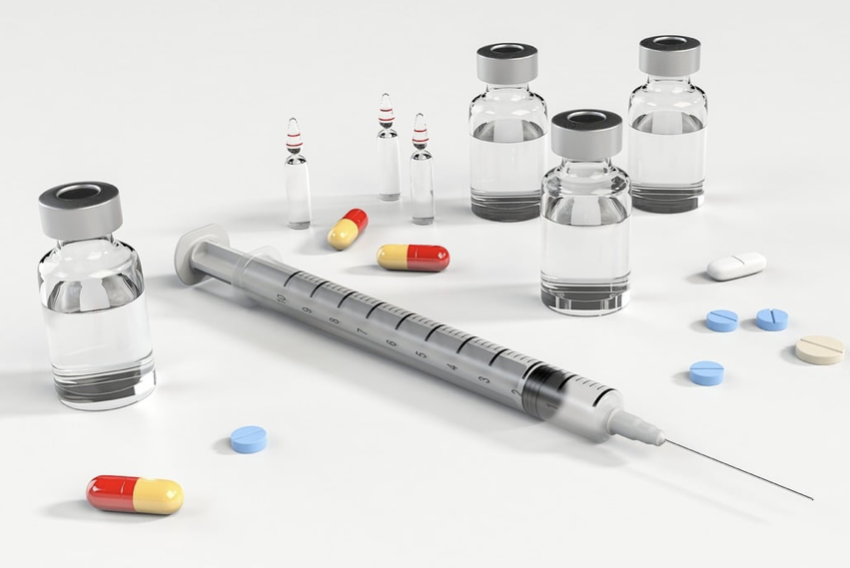hormone replacement therapy in menopause
Hormone replacement therapy (HRT) In menopause, it consists of supplying hormones that the woman's body stops producing naturally during menopause, especially estrogen and progesterone.
Therapy can help relieve symptoms of menopause, such as hot flashes, vaginal dryness, irritability, and bone loss.

There are several types of HRT available, but the most common type is the one that combines estrogen and progesterone.
The combination of hormones helps balance hormonal levels in a woman's body and can relieve the symptoms of menopause.
It is important to note that HRT is not suitable for all women and may have some risks and side effects.
For this reason, it's important to talk to a healthcare professional before starting any type of HRT to determine if it's safe and appropriate for your specific case.
Additionally, many women find that lifestyle changes, such as exercising regularly, eating a healthy and balanced diet, avoiding alcohol and tobacco, and getting enough sleep, can also help relieve menopausal symptoms.
These lifestyle changes can also have other health benefits, such as reducing the risk of heart disease, diabetes, and osteoporosis.
Synthetic and bioidentical hormones are used in hormone replacement therapy to relieve the symptoms of menopause in women, but there are some differences important among them:
- Origin: Synthetic hormones are produced in laboratories and are not identical to the hormones naturally produced in the human body. Bioidentical hormones, on the other hand, are produced from plant sources and are designed to be chemically identical to the hormones naturally produced in the human body.
- Shape: Synthetic hormones are available in different forms, such as pills, patches, gels, or creams, while bioidentical hormones are also available in different forms, but are most often administered in the form of creams, pellets, patches, or vaginal suppositories.
- Personalization: Bioidentical hormones can be customized to meet a woman's individual needs, while synthetic hormones are administered in standard doses.
- Side effects: Synthetic hormones can have some serious side effects, such as an increased risk of breast cancer, heart disease, blood clots, and stroke. On the other hand, bioidentical hormones are believed to be safer and have fewer side effects.
- Regulation: Synthetic hormones are regulated by the Food and Drug Administration (FDA) in the United States, while bioidentical hormones are not regulated in the same way.

Testosterone is a male sex hormone that is also present in women at lower levels.
In bioidentical hormone therapy, testosterone can be used in women to treat decreased libido and muscle mass, as well as to increase overall well-being and energy.
Bioidentical testosterone is produced from plant sources and is used in the form of creams, gels, patches, or injections.
As with other bioidentical hormones, bioidentical testosterone is designed to be chemically identical to the testosterone naturally produced in the human body.
Although testosterone therapy in women is controversial and more research is needed to determine its long-term efficacy and safety, some studies suggest that testosterone therapy in women may be beneficial for increasing libido, improving muscle mass and bone density, and reducing body fat.



